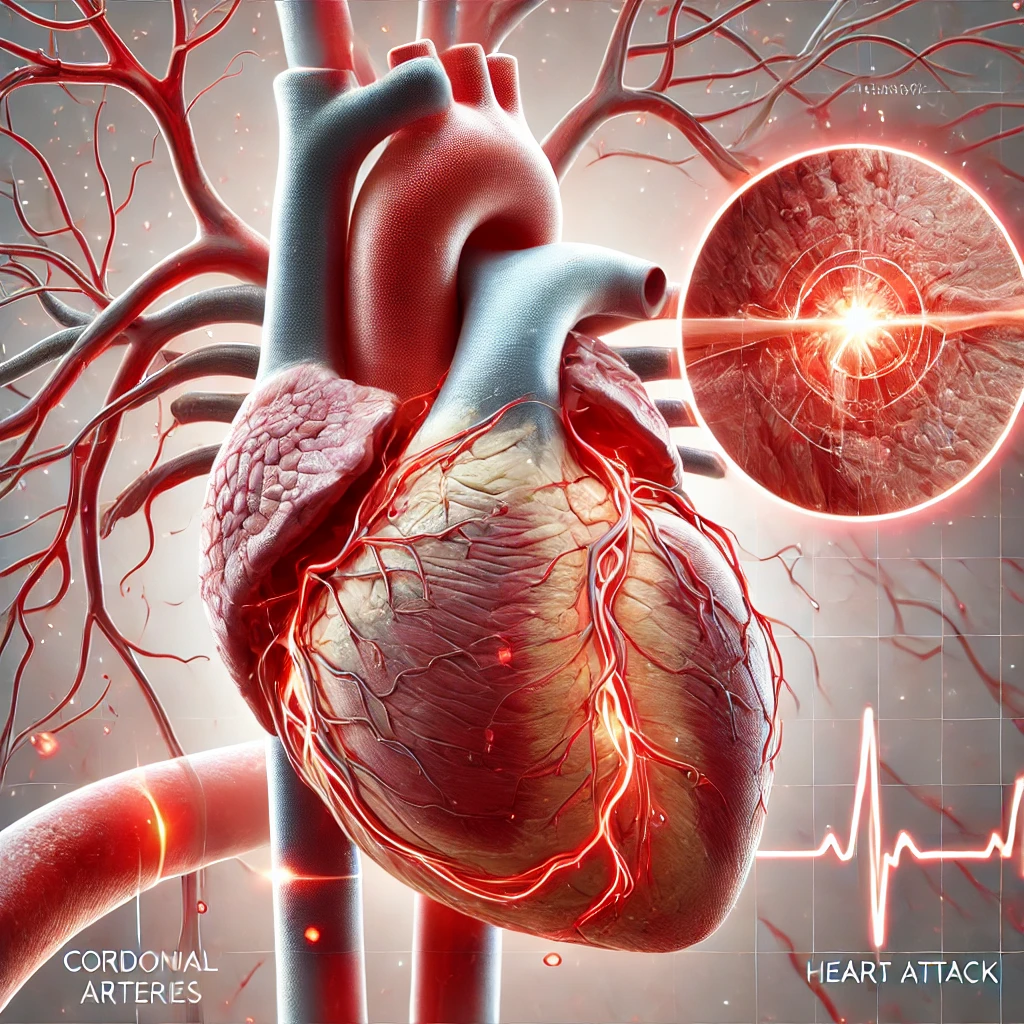Ethics and Legal Considerations
Navigating the complex world of Munchausen syndrome presents unique ethical and legal dilemmas. Understanding these challenges is crucial for healthcare providers, legal practitioners, and caregivers, who are often at the forefront of these situations. This discussion delves into the depth of these difficulties, shedding light on this intricate aspect of Factitious disorder.

The Ethical Maze: Patient Autonomy vs. Professional Duty
The very nature of Munchausen syndrome creates an ethical paradox. The principle of patient autonomy, a cornerstone of medical ethics, respects the right of patients to make informed decisions about their health. Yet, in Munchausen syndrome, patients use this autonomy to request unnecessary treatments and procedures, risking their health.
Healthcare providers, bound by their professional duty, are obliged to prevent harm. But when patients with Munchausen syndrome present convincing symptoms, the line between doing harm and doing good can become blurred. Administering unnecessary treatments under the guise of caring can inadvertently reinforce the patient’s factitious behavior, creating a vicious cycle that can be challenging to break.
Unmasking Deception: The Ethics of Suspicion and Diagnosis
Suspecting Munchausen syndrome and confirming the diagnosis poses another ethical challenge. To diagnose the disorder, medical professionals must often verify the truthfulness of a patient’s medical history or symptomatology. This verification process can involve covert activities like checking past medical records or observing the patient discreetly, which can be perceived as an invasion of the patient’s privacy.
Balancing the need for a correct diagnosis and maintaining patient trust and privacy can be a tightrope for healthcare providers. They must remember that diagnosing this Facticticious disorder is not an accusation of lying but a recognition of a psychological disorder that needs treatment.
The Legal Hurdles: Informed Consent and Medical Negligence
Regarding this mental disorder, informed consent can be a contentious issue. Can a patient with this disorder, who manipulates symptoms and seeks unnecessary treatments, provide valid informed consent?
Legal principles usually consider a person competent to give consent unless proven otherwise. But when individuals use this competency to consent to harmful, unnecessary procedures, healthcare providers can find themselves in a legal dilemma.
On the one hand, providers face potential accusations of medical negligence if they fail to treat based on the presented symptoms. On the other hand, they risk enabling harmful behavior if they administer unnecessary treatments.
The Complexities of Confidentiality
Patient confidentiality is a fundamental aspect of healthcare. However, maintaining confidentiality can be complicated in the context of Munchausen syndrome. When healthcare providers suspect Munchausen syndrome, they may need to share information with other providers or institutions to confirm their suspicions, prevent unnecessary treatments, or coordinate care.
Such information sharing can violate patient confidentiality, potentially resulting in legal consequences. Yet, not sharing this information can lead to ongoing unnecessary treatments, further harming the patient and increasing healthcare costs. Navigating this delicate balance requires an in-depth understanding of health information privacy laws.
Munchausen by Proxy: Child Protection and Legal Responsibilities
Munchausen syndrome by proxy (MSBP), where a caregiver induces illness in someone under their care, often presents alarming ethical and legal challenges. The child protection issue comes to the forefront when the victim is a child.
Healthcare providers who suspect MSBP have a legal and ethical duty to ensure the child’s safety. This duty often involves reporting suspicions to child protection agencies, which can lead to legal actions such as removing the child from the caregiver’s custody.
However, making accusations of MSBP can have severe repercussions, including potential damage to the professional relationship between the healthcare provider and the caregiver. It’s essential for
healthcare providers must have a firm grounding in child protection’s legal responsibilities to handle these situations appropriately.
In conclusion, Munchausen syndrome presents many ethical and legal considerations requiring careful navigation. The challenges are significant, but with a thorough understanding of these complexities and a commitment to patient well-being, healthcare providers and caregivers can play a pivotal role in managing this intriguing disorder.
Research and Future Directions
Despite Munchausen Syndrome being recognized as a severe mental health condition, it remains poorly understood due to its rarity, complex nature, and the inherent challenge of studying a disorder centered on deception. However, psychological and neurological research advancements are paving the way for a deeper understanding of this syndrome and potential new treatment strategies.
Current Research Landscape
Modern research has shifted toward a broader understanding of factitious disorders, including Munchausen Syndrome. Studies now encompass various perspectives, including psychiatric, neurological, and social aspects, reflecting the multi-dimensional nature of the syndrome.
Psychiatric research primarily focuses on understanding the psychological motivations and characteristics associated with Munchausen syndrome. Existing literature reveals a potential link between the disorder and traumatic experiences, especially in childhood. Continued exploration in this field could help clarify the disorder’s etiology and develop targeted therapeutic interventions.
Neurological research is a relatively new but growing field in studying Munchausen Syndrome. It seeks to identify any neurobiological correlates or predispositions to the disorder. For example, some studies suggest differences in the brain structures or functioning of those with Munchausen Syndrome. While these findings are preliminary, they offer promising directions for future research.
Another valuable research avenue pertains to the societal and healthcare system impacts of Munchausen Syndrome. Studies are being conducted to understand the economic burden of the disorder, considering the high healthcare costs associated with unnecessary treatments and hospitalizations.
Future Treatment Directions
Looking forward, the treatment of Munchausen Syndrome will likely benefit from advancements in psychotherapeutic methods and technology.
In psychotherapy, emerging approaches like dialectical behavior therapy (DBT) and schema therapy, which have shown efficacy in treating other complex disorders like borderline personality disorder, may hold promise for treating Munchausen Syndrome. DBT, focusing on emotional regulation and schema therapy, targeting maladaptive patterns, might be particularly beneficial given the emotional dysregulation and dysfunctional patterns often seen in Munchausen Syndrome.
Moreover, technology’s growing role in mental health care opens new possibilities. Teletherapy, online support groups, and digital mental health apps could provide valuable resources for individuals with Munchausen Syndrome, especially those with difficulty accessing traditional in-person therapy due to stigma or geographical limitations.
It’s also worth noting the potential role of artificial intelligence (AI) in managing Munchausen Syndrome. AI could analyze patient data and detect patterns indicative of the disorder, aiding early identification and intervention.
Areas for Further Study
While the research into Munchausen Syndrome has come a long way, many unexplored avenues remain. One such area pertains to the role of personality traits in the disorder. Research on the prevalence and role of personality disorders, particularly narcissistic and borderline personality disorders, could provide valuable insights.
Further studies are also needed to explore the neurobiological aspects of Munchausen Syndrome. Understanding genetic predispositions, biochemical imbalances, or structural brain differences could contribute to more targeted and effective treatments.
In addition, more in-depth research on the effectiveness of various treatment approaches for Munchausen Syndrome is needed. The lack of large-scale, randomized controlled trials on therapeutic interventions is a significant gap in the literature that future research should aim to fill.
Lastly, given the significant societal and healthcare system impact of Munchausen Syndrome, research into prevention strategies is crucial. This research could involve exploring early warning signs, developing educational programs for healthcare providers, and establishing effective screening protocols.
In conclusion, the journey to fully understand Munchausen Syndrome is fraught with challenges, but each piece of research brings us one step closer to unraveling this complex condition. As we continue this exploration, the hope is to
find better ways to help those affected by the disorder and mitigate its impacts on individuals and society.
Disclaimer:
This article is for informational purposes and is not a substitute for professional medical advice, diagnosis, or treatment. Always seek the advice of your physician or other qualified health provider with any questions you may have regarding a medical condition. The outbound links in this article are provided for further information and are not intended to endorse the linked content.
References:
- American Psychiatric Association’s Discussion on Factitious Disorder
- Mayo Clinic’s resource on Munchausen syndrome
- Medscape’s article on Munchausen Syndrome
- American Psychological Association’s guidance on patient autonomy and informed consent
- National Institute of Mental Health’s page on Technology and the Future of Mental Health Treatment
Other Articles:




